Team
Javier Soria
Javier Soria is a doctoral researcher at the Paris School of Economics, an affiliated researcher at Opportunity Insights at Harvard, and a lecturer at Sciences Po. He has led the development and improvement of the Spanish Opportunity Atlas and conducted the first academic study on intergenerational income mobility in Spain and its causes, based on large-scale administrative data.
Founder and Director
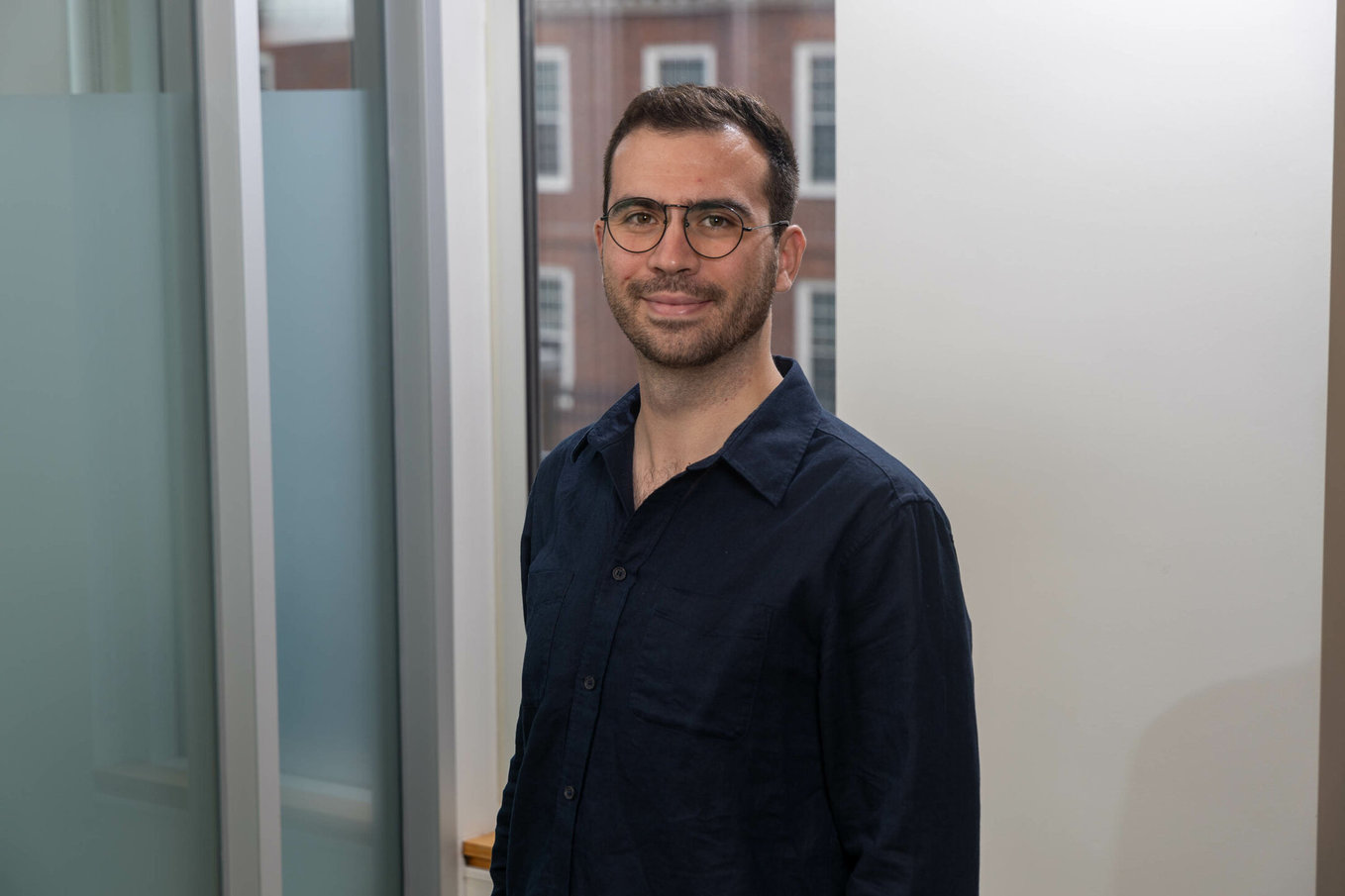
Javier Soria+
Javier Soria is a doctoral researcher at the Paris School of Economics, an affiliated researcher at Opportunity Insights at Harvard, and a lecturer at Sciences Po. He has led the development and improvement of the Spanish Opportunity Atlas and conducted the first academic study on intergenerational income mobility in Spain and its causes, based on large-scale administrative data.
Affiliated Researchers
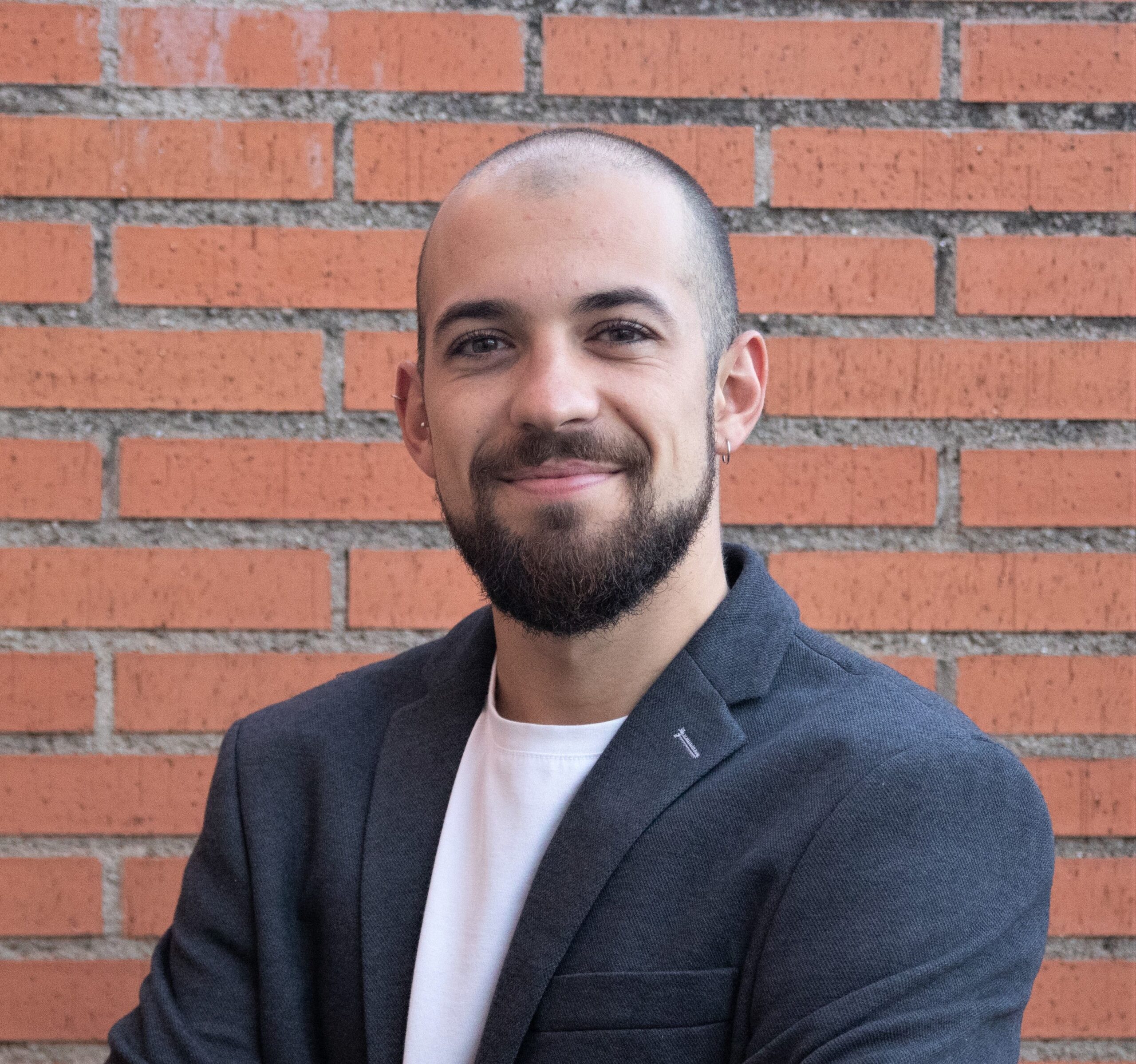
Iván Auciello +
Iván Auciello is a PhD candidate in Economics at CY Cergy Paris Université. He has worked as a research assistant at the Bank of Spain and holds a master’s degree from the Barcelona School of Economics, and a bachelor’s degree from Universidad Carlos III de Madrid. His research focuses on urban economics, housing, and public policy.
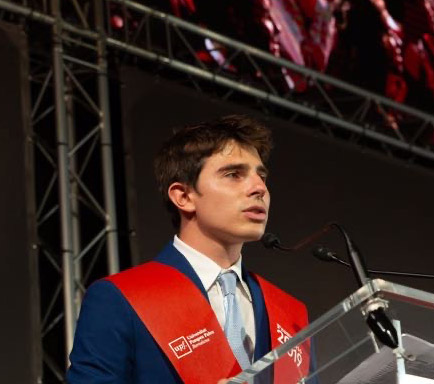
Carles Aulés+
Carles Aulés is a doctoral researcher in Economics at Yale University. He holds a dual master’s degree from Sciences Po and the London School of Economics, and earned his bachelor’s degree in Economics from Universitat Pompeu Fabra. His research focuses on the intersection of political economy and inequality in Spain.
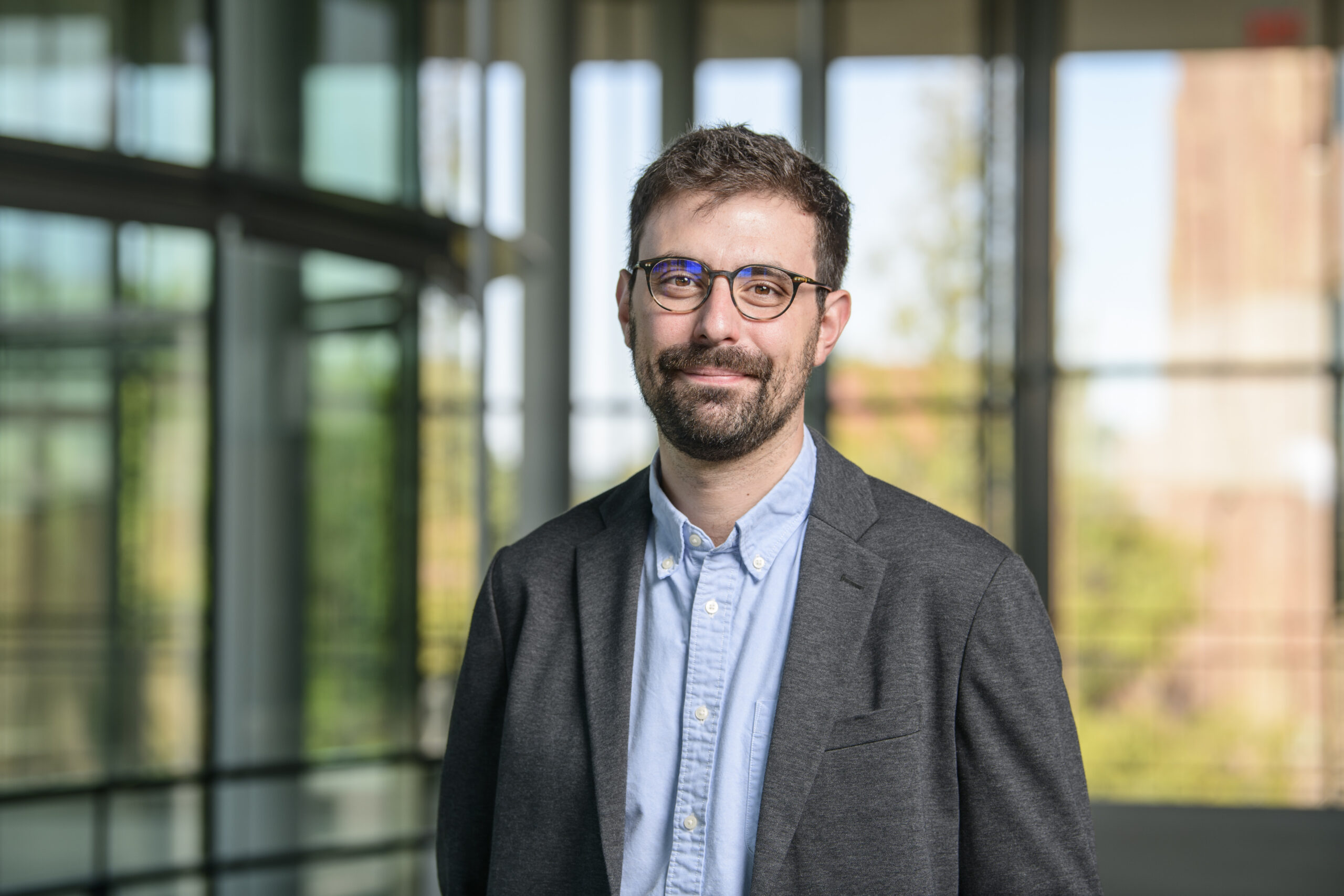
Jaime Arellano Bover+
Jaime Arellano-Bover is a Professor of Economics at Yale University and holds a PhD from Stanford University. His research focuses on the areas of labor economics and applied microeconomics, firms, human capital, and migration. Some of his recent work examines young workers’ labor market entry and first-job matches, on-the-job learning across employers, immigrants’ job mobility, the infiltration of organized crime in legal firms, and the long-term dynamics of the gender pay gap. He is also an affiliated researcher at IZA, CESifo, and CAGE.
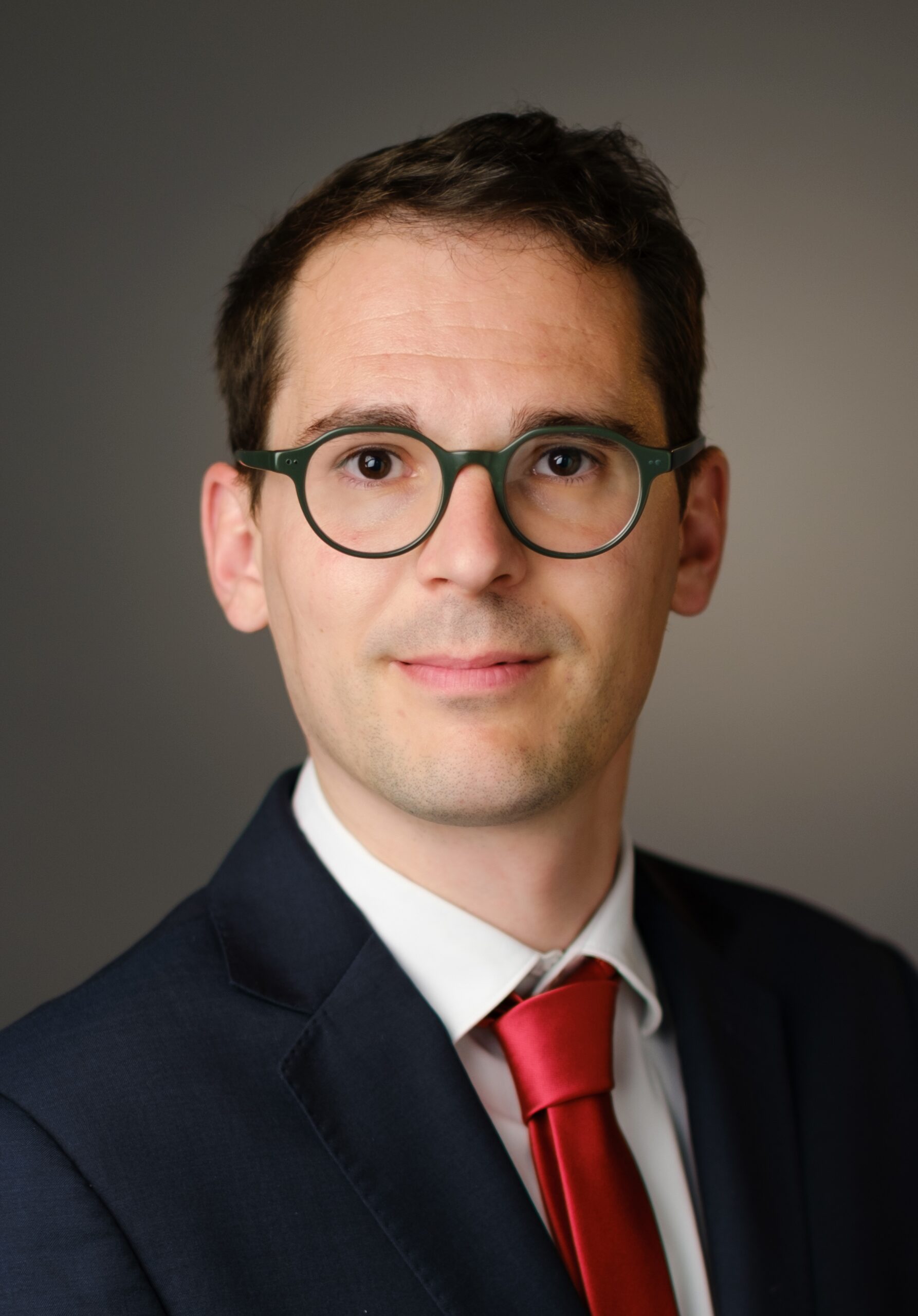
Gerard Domènech-Arumí+
Gerard Domènech-Arumí is a Visiting Assistant Professor in the Department of Economics at Vanderbilt University. He holds a PhD in Economics from Boston University. His research lies at the intersection of labor, public, and urban economics, focusing on how the place of residence shapes housing, inequality, crime, and social preferences.
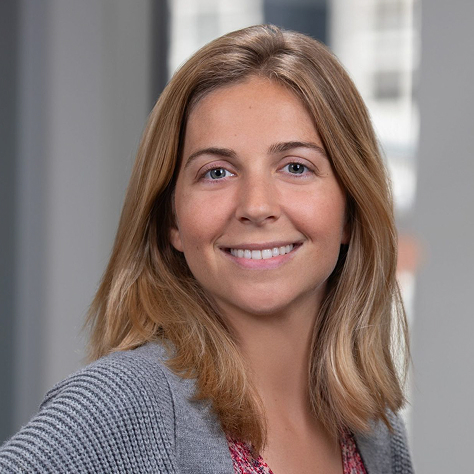
Inés Guix+
Inés Guix is a Postdoctoral Research Fellow at Opportunity Insights. She is a Medical Doctor from the University of Barcelona and specialized in Radiation Oncology at the Catalan Institute of Oncology. She also worked as a Postdoctoral Researcher at the University of California, San Francisco, focusing on clinical data science and biostatistics.

Drew Johnston+
Drew Johnston is a Postdoctoral Researcher at Meta as part of the Social Capital Lab and Affiliated Researcher at Opportunity Insights. He holds a PhD in Economics from Harvard University. His research focuses on the connections between social ties, places, and economic opportunity.
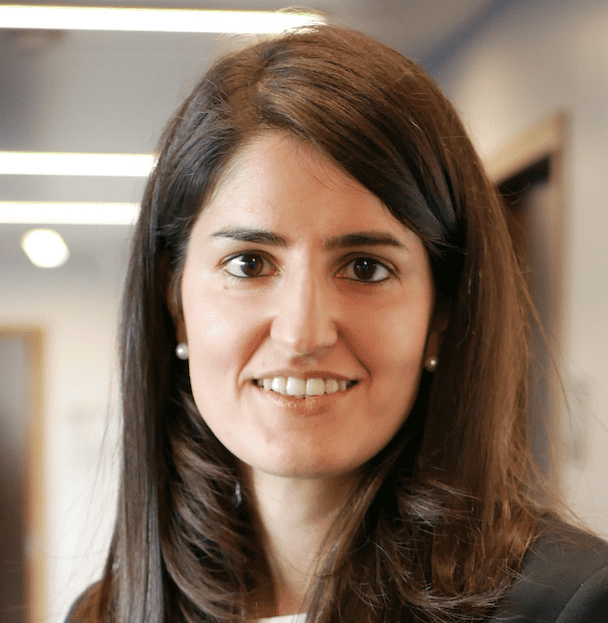
Clara Martínez-Toledano+
Clara Martínez-Toledano is an Assistant Professor of Economics and Finance at Imperial College Business School in London, a Research Affiliate at the Centre for Economic Policy Research, and a member of the World Inequality Lab. Her research focuses on wealth distribution and the impact of fiscal policies on capital concentration, aiming to better understand how tax structures and institutions shape inequality.

Octavio Medina+
Octavio Medina is a researcher at Google’s Choice Lab. He holds a degree in Economics from Yale University and a Master’s in Public Policy from the London School of Economics. He is an expert in behavioral science, statistical analysis, and public economics, with extensive experience in public policy evaluation at the World Bank and ideas42.
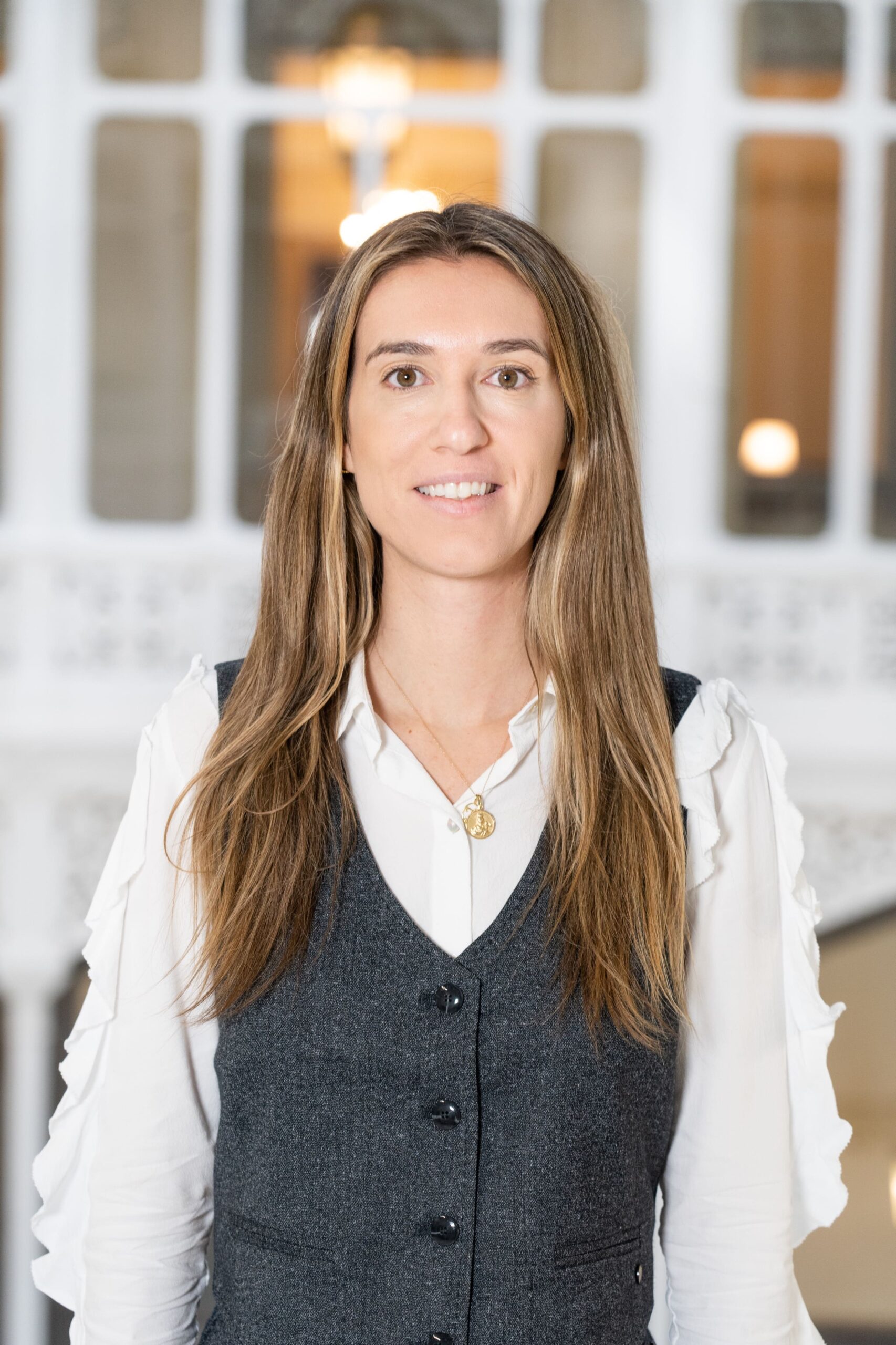
Isabel Micó Millán+
Isabel Micó Millán is a research economist in the Microeconomic Studies Division at the Bank of Spain. She holds a PhD in Economics from Universidad Carlos III de Madrid. Her research interests include household finance, taxation, and inequality.

Iván Vicente+
Iván Vicente is an Assistant Professor in the Department of Economic Analysis at the University of Valencia. He has been a visiting researcher at groups specializing in the economics of education, including the Leuven Economics of Education Research (LEER) at KU Leuven and ReMAPS at Politecnico di Milano. His research focuses on studying educational equality using microeconometric analysis.
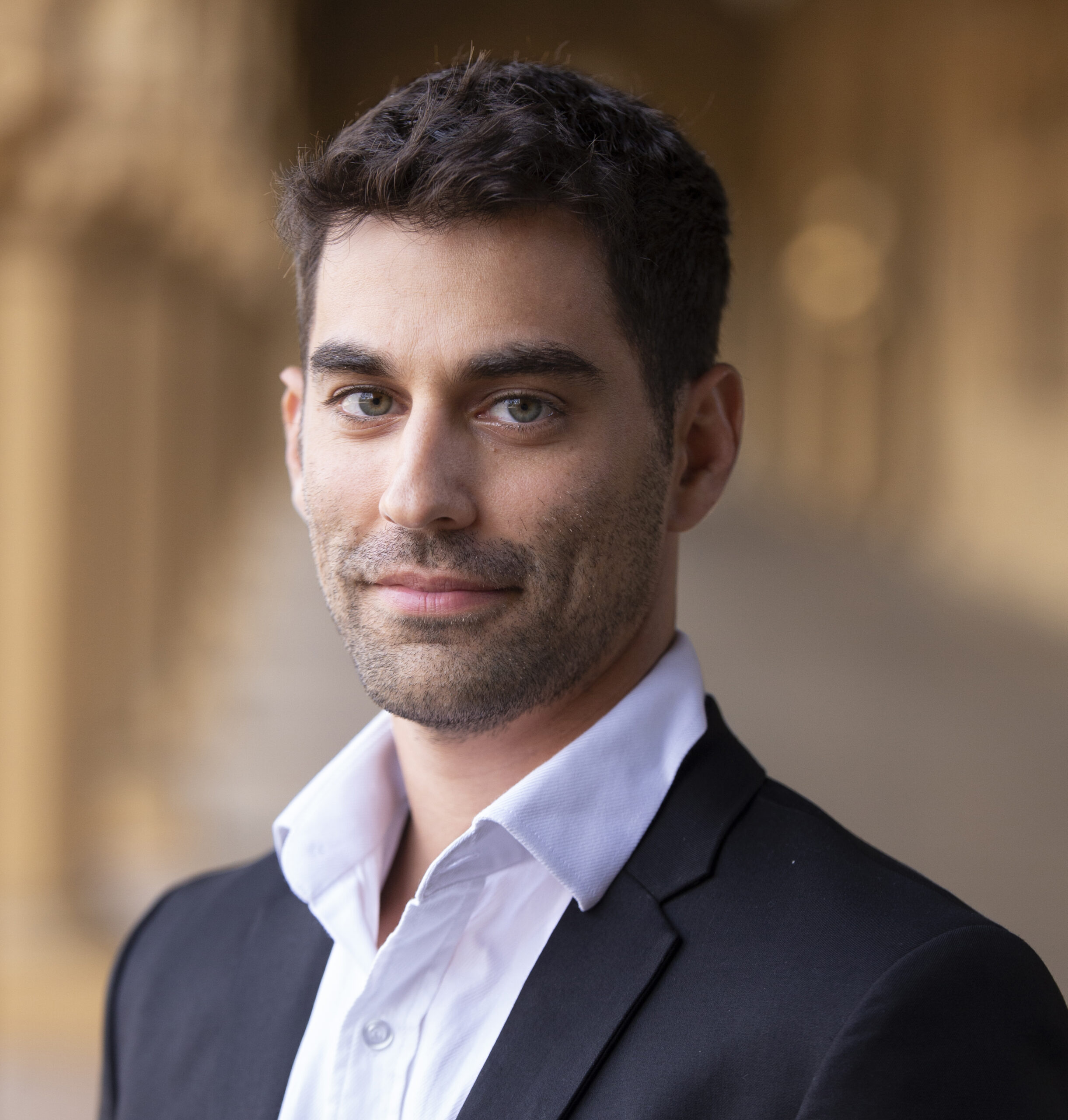
Tom Zohar+
Tom Zohar is a Professor of Economics at the Center for Monetary and Financial Studies and holds a PhD from Stanford University. He is an expert in labor market inequality, focusing his research on its relationship with worker mobility.
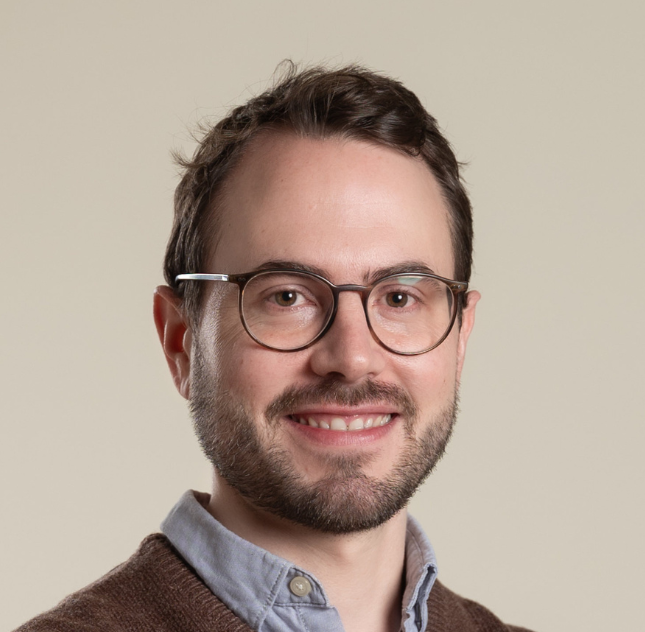
Luis Bauluz+
Luís Bauluz is an Assistant Professor of Economics at CUNEF University and the coordinator of wealth aggregates at the World Inequality Database. He was previously a postdoctoral researcher at the MacroFinance & MacroHistory Lab at the University of Bonn and holds a PhD in Economics from the Paris School of Economics. His research lies at the intersection of household finance and economic history, with a particular focus on the study of inequality.

Juan Pascual +
Juan Pascual is a PhD candidate in Economics at the University of Barcelona. He completed a master’s degree in Economics at the Barcelona School of Economics and is currently an associate researcher at the Barcelona Institute of Economics (IEB). Previously, he worked as a field coordinator at the World Bank and as a predoctoral researcher at the University of Zurich. His research focuses on social mobility, the economics of education, and crime.
Communications Officer

Ana Mendigutxia Balil+
Ana Mendigutxia Balil is a communication and project management specialist with extensive international experience in higher education, research, and sustainable development. She currently leads communication and research dissemination at The University of Western Australia, strengthening academic visibility and fostering collaboration across multidisciplinary teams. Previously, she worked as a higher education policy analyst and project manager at the UNESCO International Institute for Higher Education. She has also managed communications for institutional campaigns at UNESCO and the Provincial Council of Bizkaia.
Advisory Board
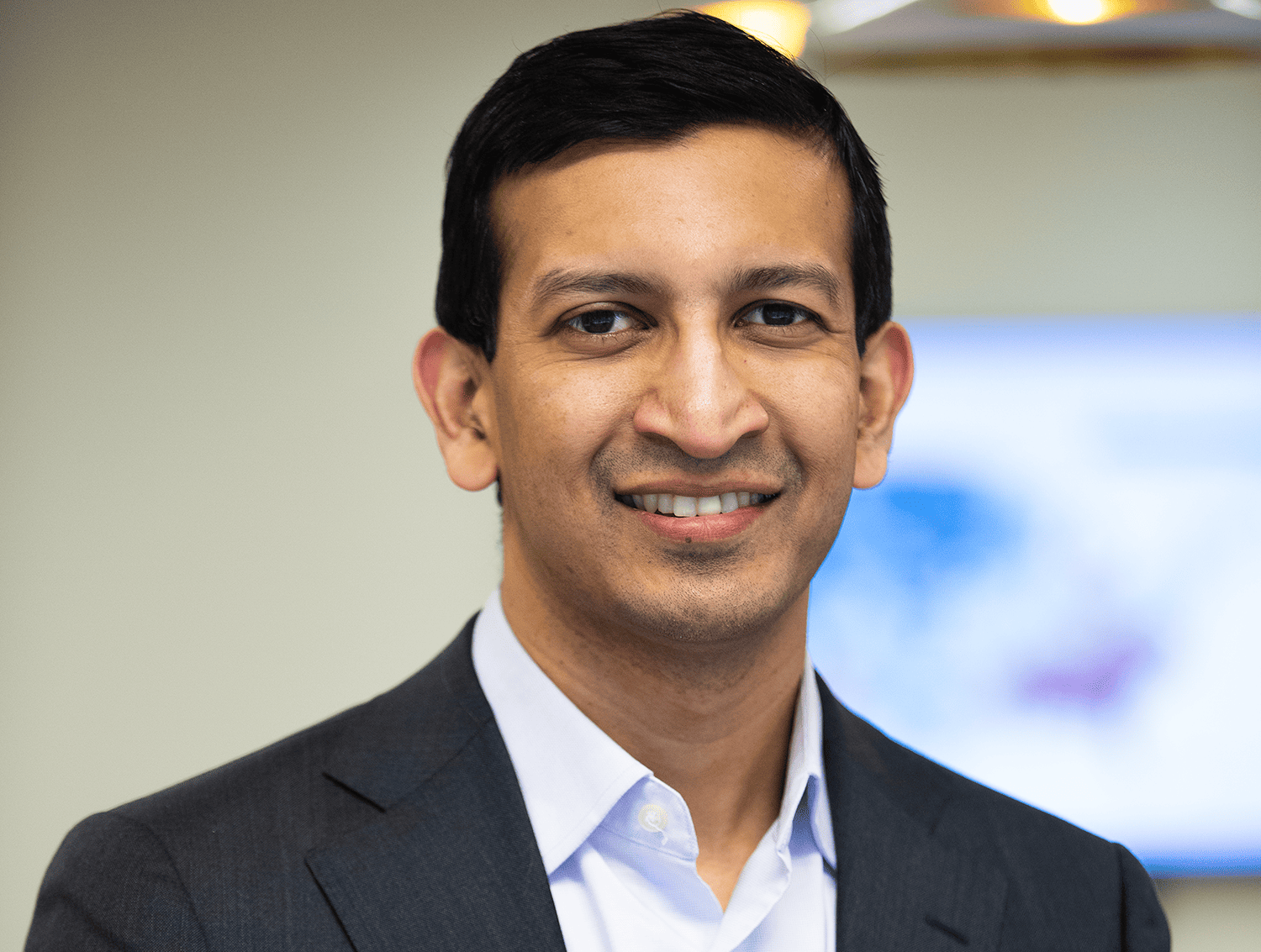
Raj Chetty+
Raj Chetty is the William A. Ackman Professor of Economics at Harvard University, the Director of Opportunity Insights, and a recipient of the John Bates Clark Medal, awarded to the economist under 40 whose work is considered to have made the most significant contribution to the field. His work is pioneering in the study of social mobility and public policies, and he is known for his innovative use of administrative data to analyze how factors such as education, housing, and local policies influence economic opportunities.
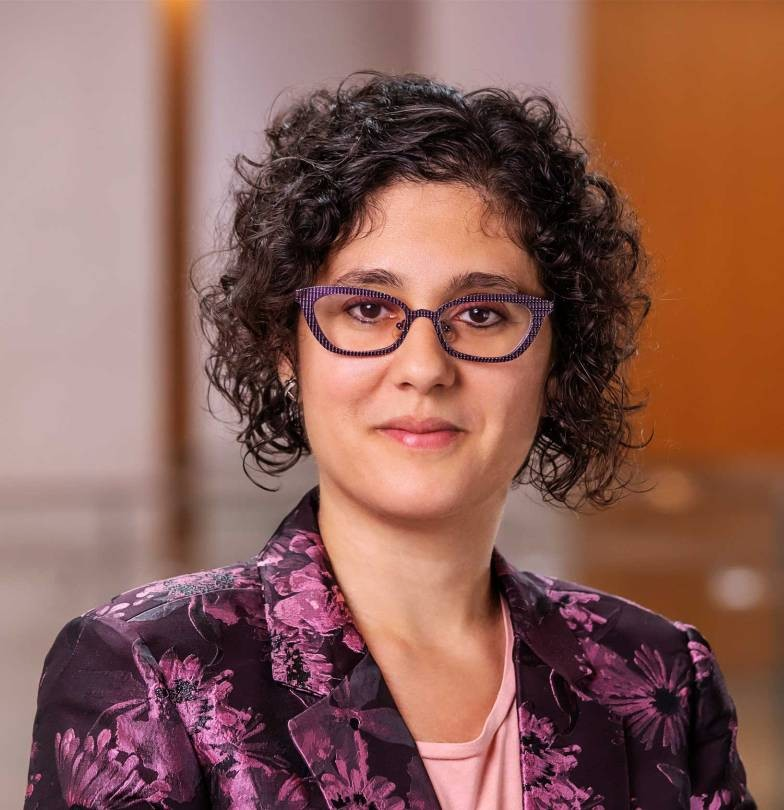
Leah Boustan+
Leah Boustan is a Professor of Economics at Princeton University and the Director of the Industrial Relations Section. Her research has revealed how immigrants and their descendants have contributed to economic growth and social mobility in the United States. Her work combines historical data with modern techniques to offer new insights into integration and the economic impact of migratory flows.

Romina Boarini+
Romina Boarini is the Director of the OECD WISE Centre, where she bolsters the organization’s global leadership in well-being, inclusion, sustainability, and equal opportunity by enhancing research and advice on the Beyond GDP agenda, well-being policies, and inclusive growth. Previously, she served as a Senior Advisor to the OECD Secretary-General and led the Inclusive Growth Initiative—developing key frameworks and launching a coalition of 40 multinational companies committed to fighting inequality.

Esteban Moro+
Esteban Moro is a Professor and the Director of the Social Urban Networks Lab at the Network Science Institute at Northeastern University, and an Affiliated Professor at the MIT Media Lab. He previously held faculty positions at Universidad Carlos III de Madrid and the University of Oxford. Esteban’s work lies at the intersection of big data and computational social science, with a particular focus on human dynamics, collective intelligence, social networks, and urban mobility. He studies human behavior to address challenges such as viral marketing, disaster management, and economic segregation and inequality in cities.
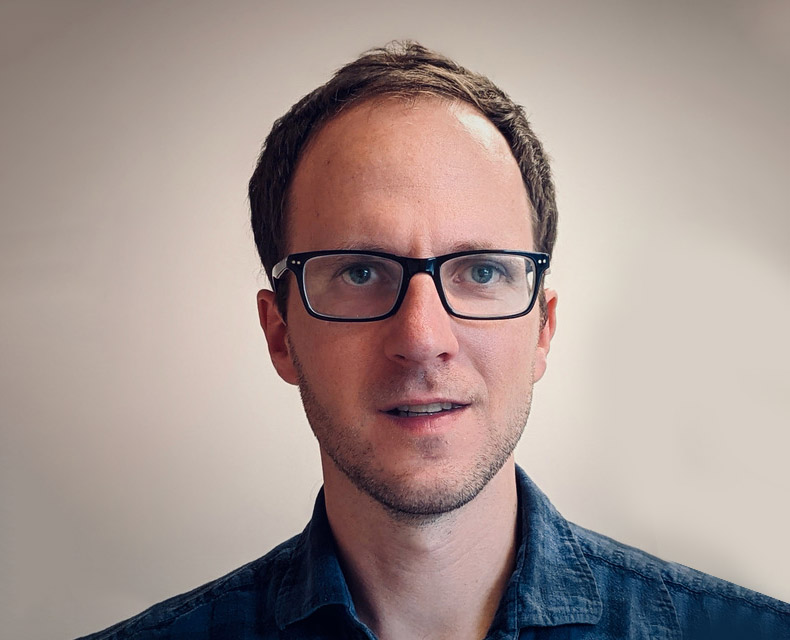
Jan Stuhler+
Jan Stuhler is a Professor of Economics at Carlos III University of Madrid and a Research Affiliate at IZA. His work focuses on labor economics, with particular attention to intergenerational mobility and the impact of migration on labor markets.

Hillel Rapoport+
Hillel Rapoport is the Chaired Professor of Economics at the Paris School of Economics. His work focuses on the role of diaspora networks in economic development, on how cultural diversity influences labor market integration, and on the impact of migration policies on economic well-being.
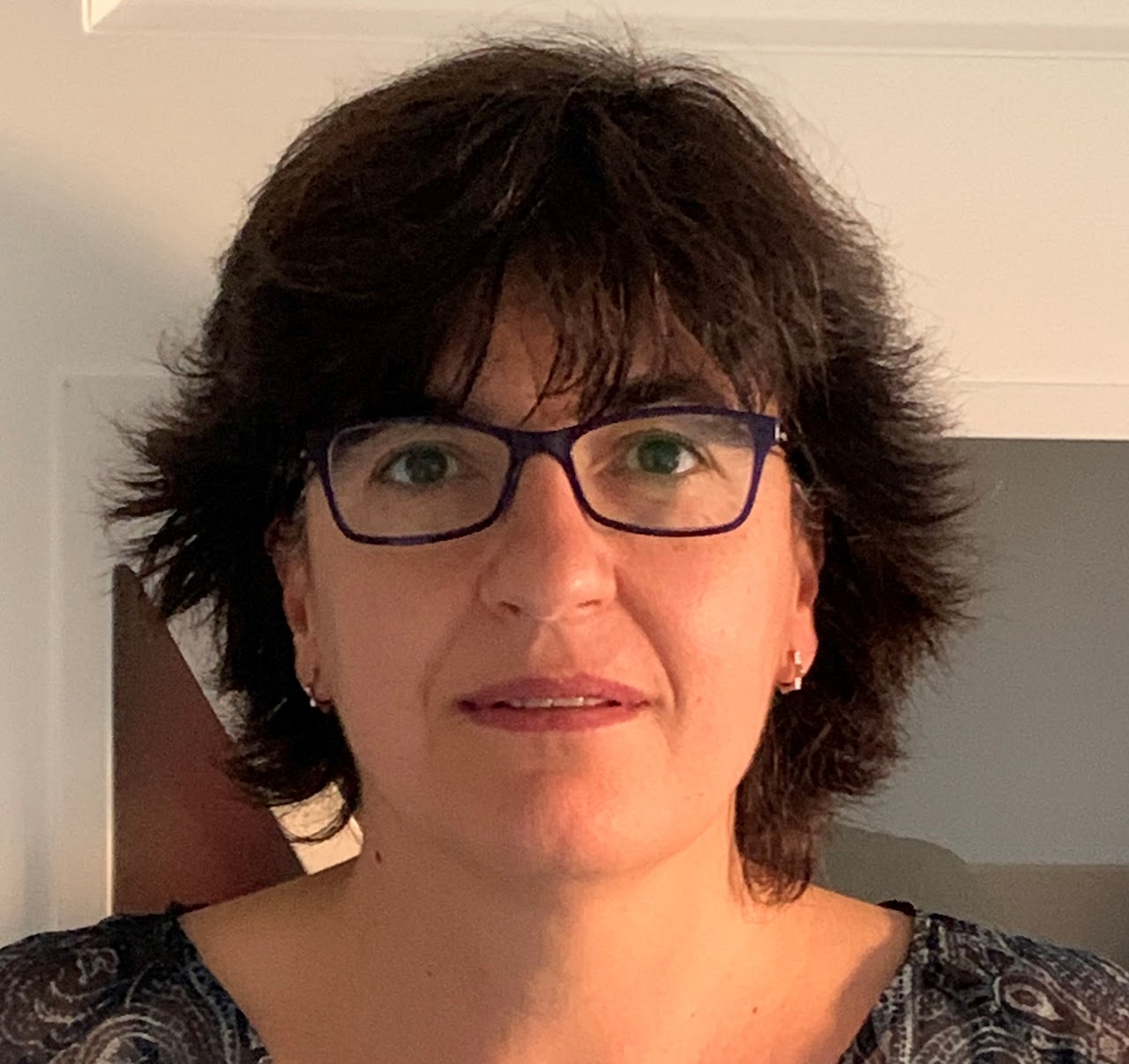
Olga Cantó+
Olga Cantó is a Professor of Economics at the University of Alcalá, where she specializes in economics and public policies. Her research examines regional economic development, fiscal policy, and social inequality, combining both theoretical and empirical approaches.
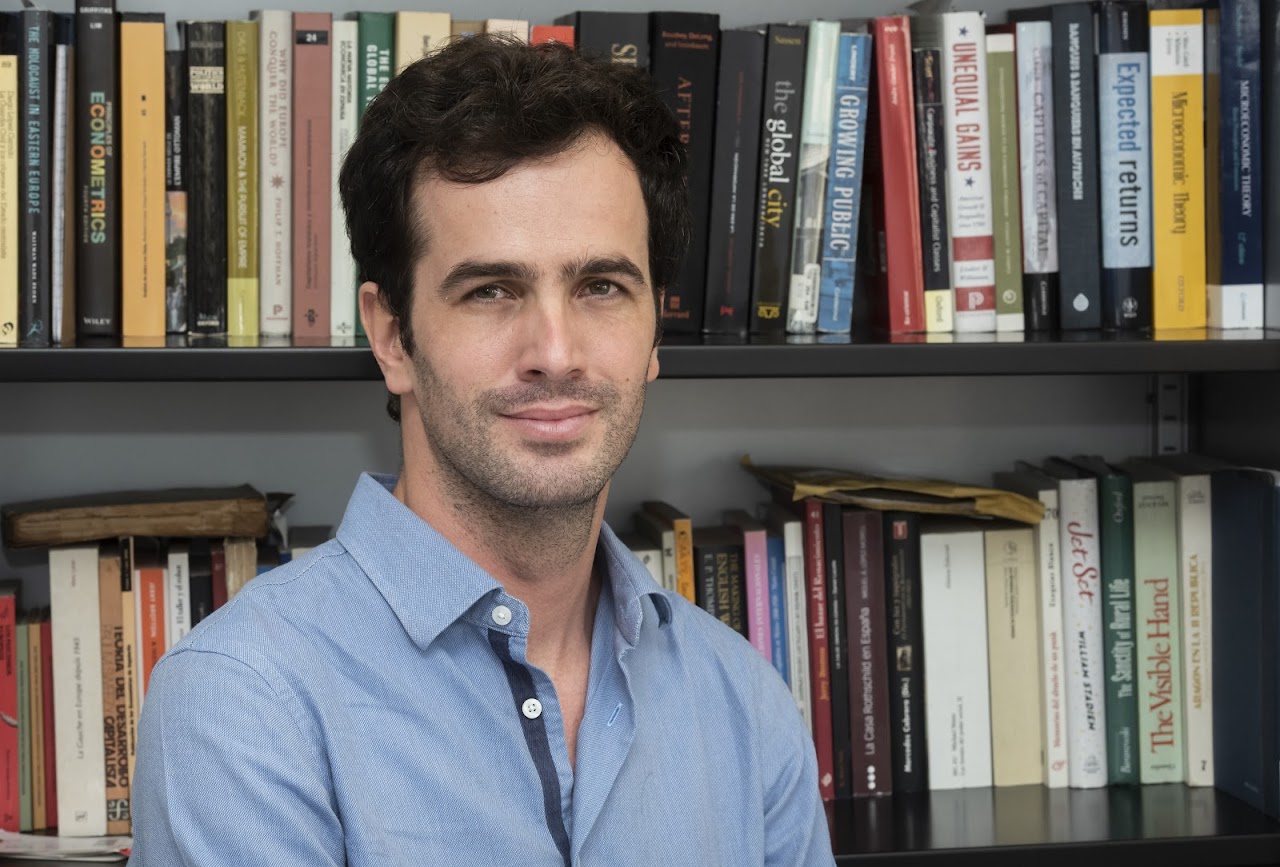
Miguel Artola+
Miguel Artola is a Professor of Economic History in the Department of Social Sciences at Universidad Carlos III de Madrid. He holds a PhD in Contemporary History from Universidad Autónoma de Madrid. Over the past decade, his research has focused on income inequality and the long-term evolution of wealth. He has led research projects funded by Fundación la Caixa, Fundación BBVA, and Fundación Ramón Areces related to these topics. In addition, he is a member of the World Inequality Database network. His work has been published in international journals such as The Economic Journal, Explorations in Economic History, Cliometrica, and Labor History.
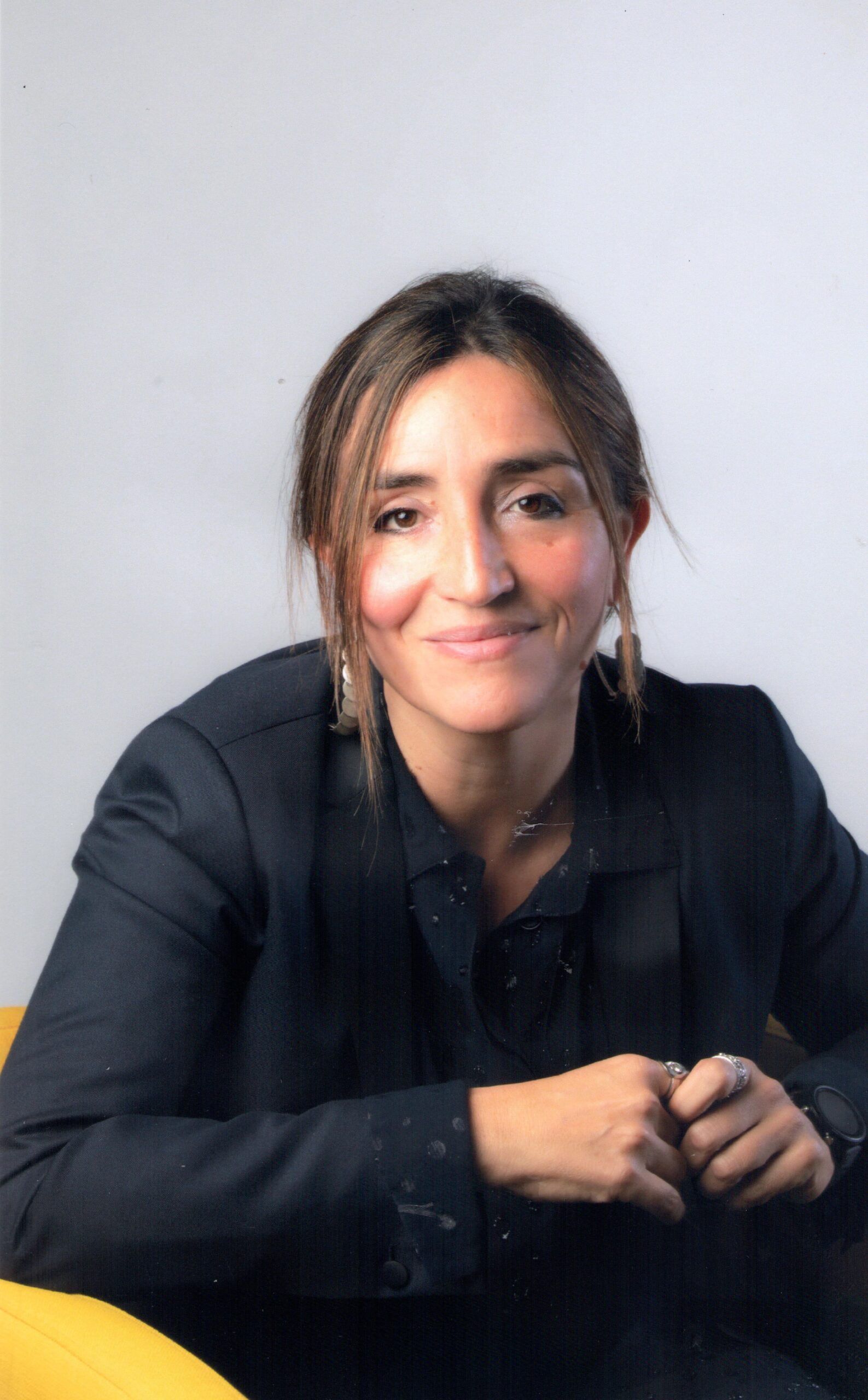
Rocío Martínez-Sampere+
Rocío Martínez-Sampere is the Director of the Felipe González Foundation. She was a member of the Parliament of Catalonia from 2006 to 2015, where she served as the spokesperson on Economy and Budgets. Additionally, she worked as an analyst in the City of London and at the Fabian Society, a foundation affiliated with the Labour Party in the United Kingdom.
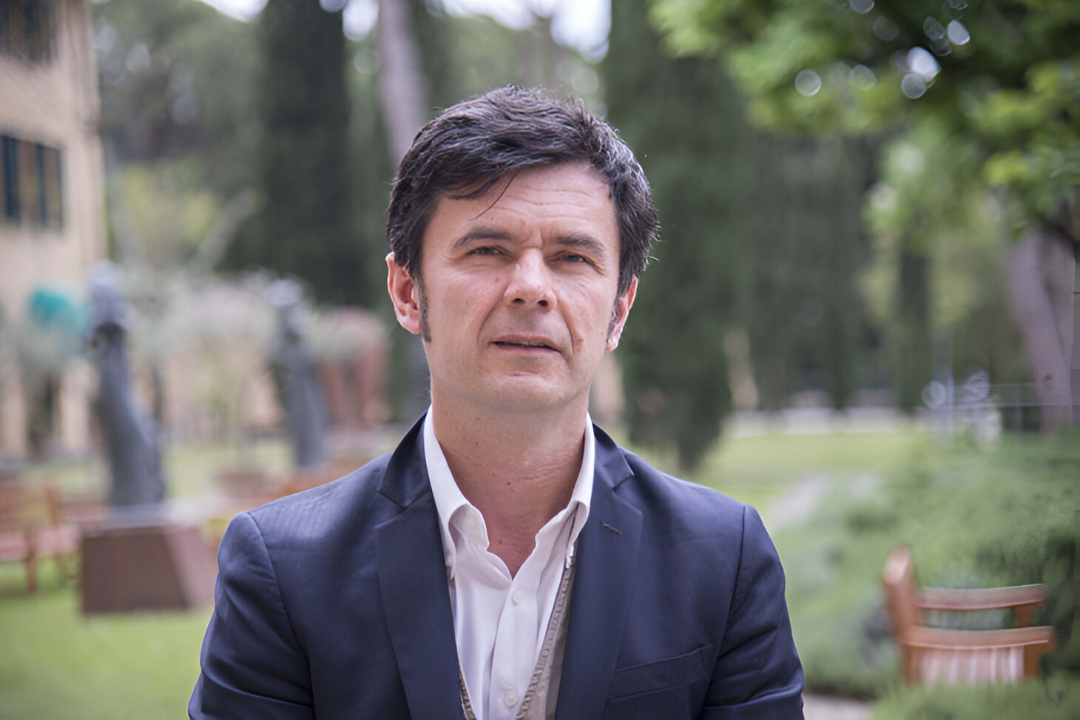
Fabrizio Bernardi+
Fabrizio Bernardi is an Associate Professor of Sociology at the National Distance Education University in Madrid and the editor-in-chief of the European Sociological Review. His research focuses on inequality, social mobility, compensatory advantage, and family dynamics.
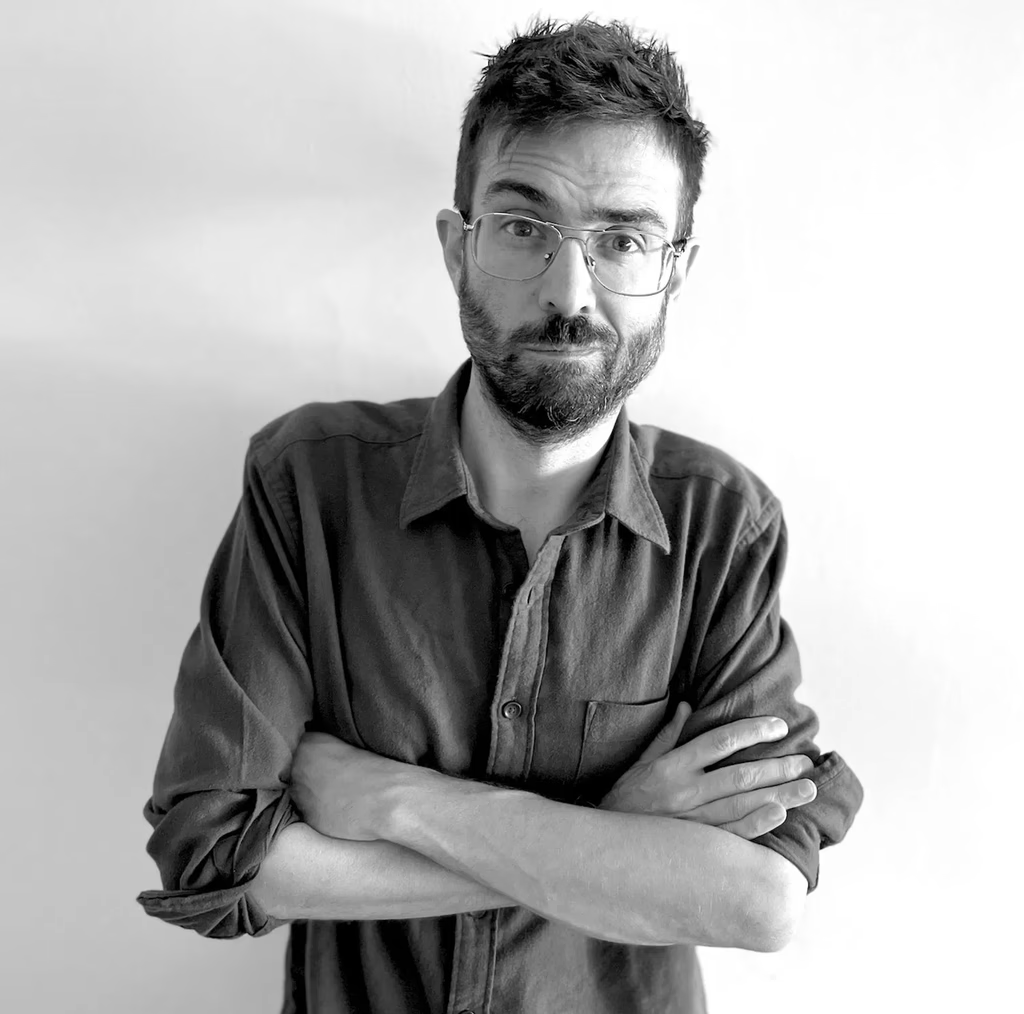
Kiko Llaneras+
Kiko Llaneras is a data journalist and section editor at El País, with extensive experience in analyzing and visualizing administrative data.

Sarah Oppenheimer+
Sarah Oppenheimer is the Executive Director of Opportunity Insights, where she leads strategic initiatives to promote economic opportunity and ensure that the organization’s research and data have a meaningful impact in both academic and policy arenas. Her work, situated at the intersection of research, policy, and practice, draws on extensive experience in housing research and evaluation at institutions such as the King County Housing Authority, the Harvard School of Public Health, and the Dana-Farber Cancer Institute. Inspired by her early work as a case manager and housing service provider, Sarah holds degrees from the University of Vermont, Harvard University, and the University of Washington, and has received multiple awards and fellowships for her contributions to social policy, housing, and health disparities research.